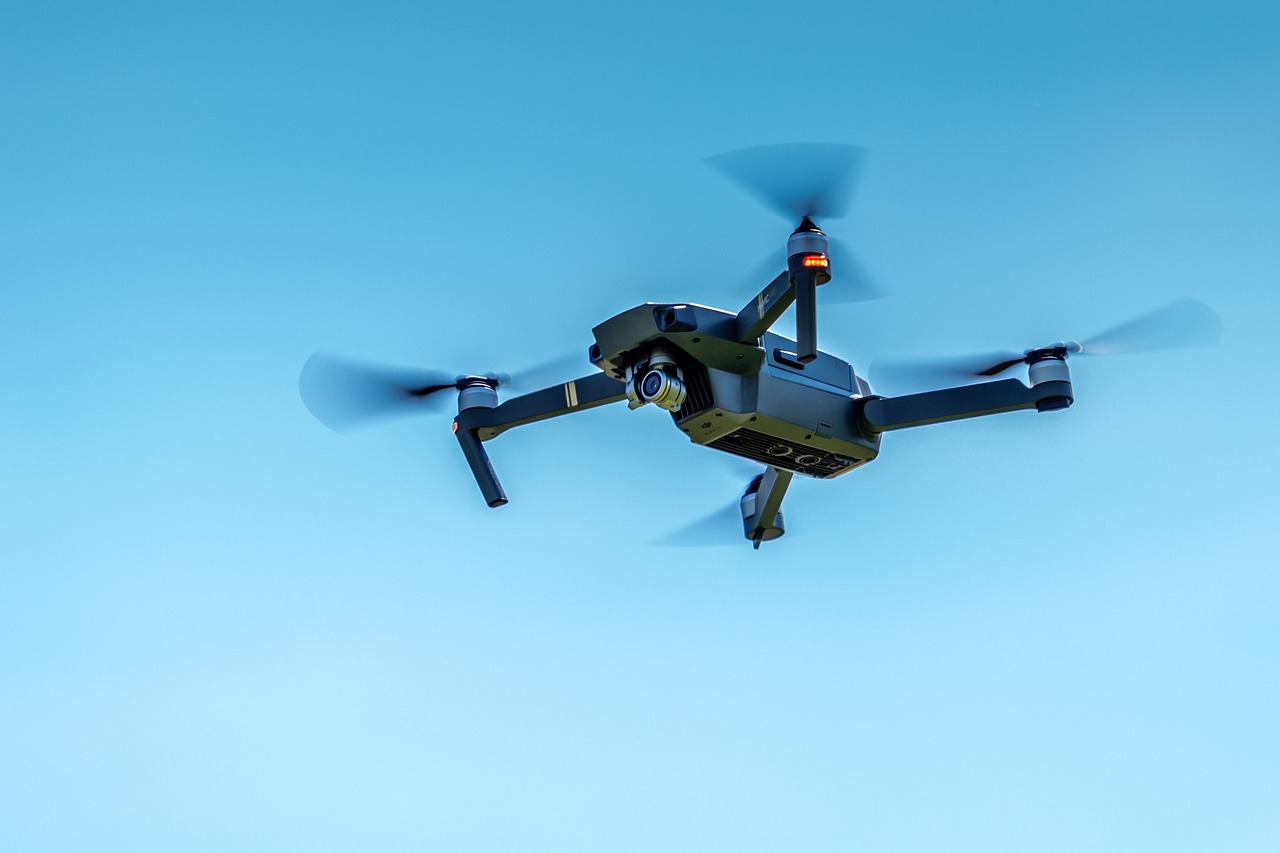This post is also available in:
 עברית (Hebrew)
עברית (Hebrew)
Canadian company developed a system it claims will turn “dumb drones” smart with a “world-first in navigation technology” and enable highly accurate navigation even when GPS signals are not available.
One Silicon Chip Photonics (OSCP) developed a cost-effective inertial optical circuits system that offers highly accurate navigation even without GPS signals and is more precise than the systems commonly used in commercial applications. The company expects this new technology will facilitate the mass adoption of autonomous systems in applications like autonomous vehicles and drones.
According to Interesting Engineering, optical MEMS (MOEMS) technology removes electronics constraints, enabling faster data transmission and greater bandwidth. OSCP designs and makes high-performance motion sensors using Silicon Photonics to measure an object’s acceleration and rotation. The company reportedly aims to fully integrate optical components into its PIC chip, reducing its size, weight, and power consumption and completely eliminating assembly costs. This integration is expected to enhance system reliability, reduce optical loss, and increase device sensitivity.
While the market for commercial drones is growing to new and unbelievable sizes, finding more affordable and precise navigational sensors is still a major problem for drone and unmanned aerial vehicle (UAV) makers, as such sensors are necessary to support this expansion.
Drones and autonomous vehicles rely heavily on sensor technology for navigation, and up until recently the focus of AV navigation technology has been on combining sensors, each with its own critical limitations – camera, radar, and lidar sensors all depend on advancements in computer perception and require significant redundancy due to environmental factors like fog or dirt obstructing the sensors.
OSCP reports that another major challenge is that many drones and AVs have to operate in demanding or hostile environments where GPS is unavailable, making extreme accuracy crucial.
The firm has recently teamed up with French firm Thales that creates autonomous rail systems and has been field-testing this technology. Thales claims that using these new sensors in rail transport can significantly boost vehicle autonomy.


























